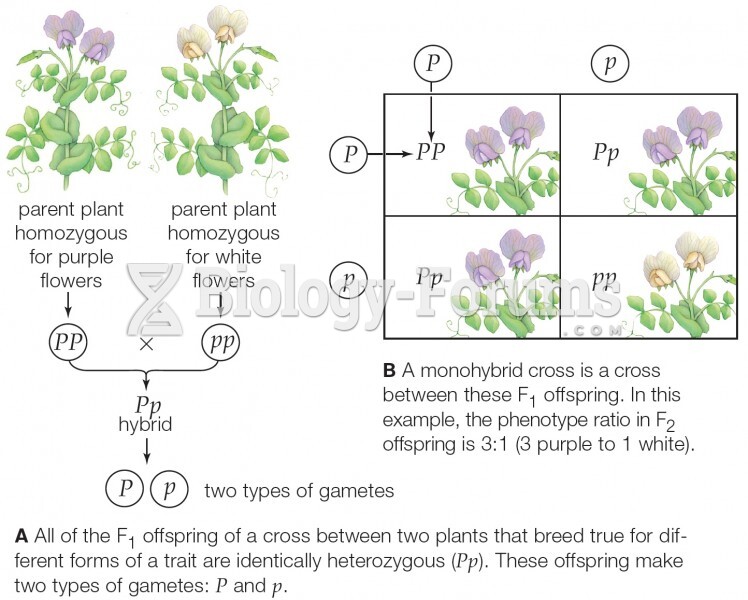This topic contains a solution. Click here to go to the answer
|
|
|
Did you know?
Vaccines prevent between 2.5 and 4 million deaths every year.
Did you know?
Historic treatments for rheumatoid arthritis have included gold salts, acupuncture, a diet consisting of apples or rhubarb, nutmeg, nettles, bee venom, bracelets made of copper, prayer, rest, tooth extractions, fasting, honey, vitamins, insulin, snow collected on Christmas, magnets, and electric convulsion therapy.
Did you know?
Drying your hands with a paper towel will reduce the bacterial count on your hands by 45–60%.
Did you know?
There are more nerve cells in one human brain than there are stars in the Milky Way.
Did you know?
Illicit drug use costs the United States approximately $181 billion every year.
 Cross section of a typical port fuel-injection nozzle assembly. These injectors are serviced as an ...
Cross section of a typical port fuel-injection nozzle assembly. These injectors are serviced as an ...
 Two wells are filled with different antigens and when they diffuse, they form lines that cross which ...
Two wells are filled with different antigens and when they diffuse, they form lines that cross which ...





